Integration
This is a curated collection of tools and materials that can guide and provide examples on how to understand, track, address COVID-19 integration into existing services and systems.
This is a curated collection of tools and materials that can guide and provide examples on how to understand, track, address COVID-19 integration into existing services and systems.
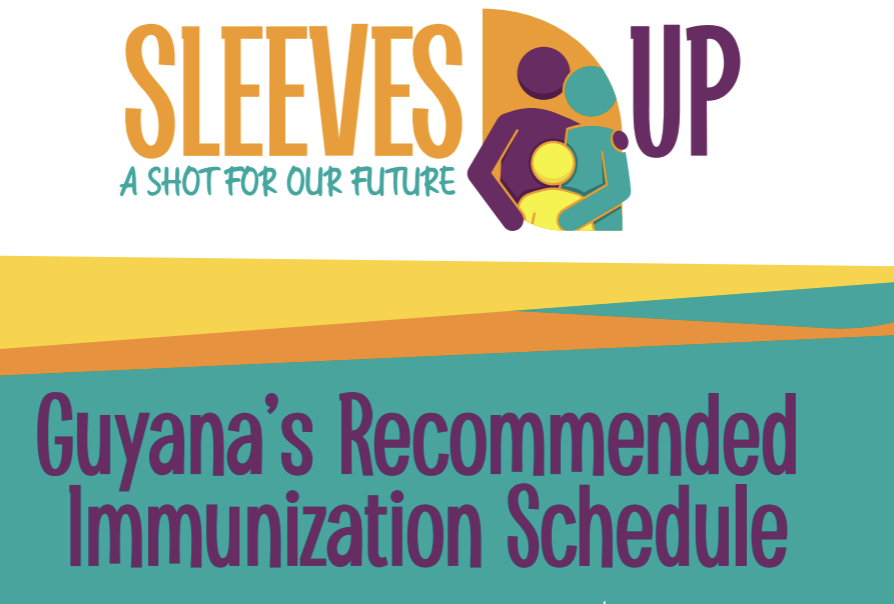
This is a handout created by Breakthrough Action Guyana with support from the Ministry of Health Guyana. It addresses common questions asked about Covid-19 and HPV along with an updated immunization schedule. The handout is part of the Sleeves Up! campaign.

This TV spot was produced by Breakthrough ACTION in collaboration with the Ministy of Health Guyana. It encourages everyone in the family to get vaccinated.

These are Follow Who Know Road short film and TV spots explain the importance of vaccinating against COVID-19 and routine immunization for children.
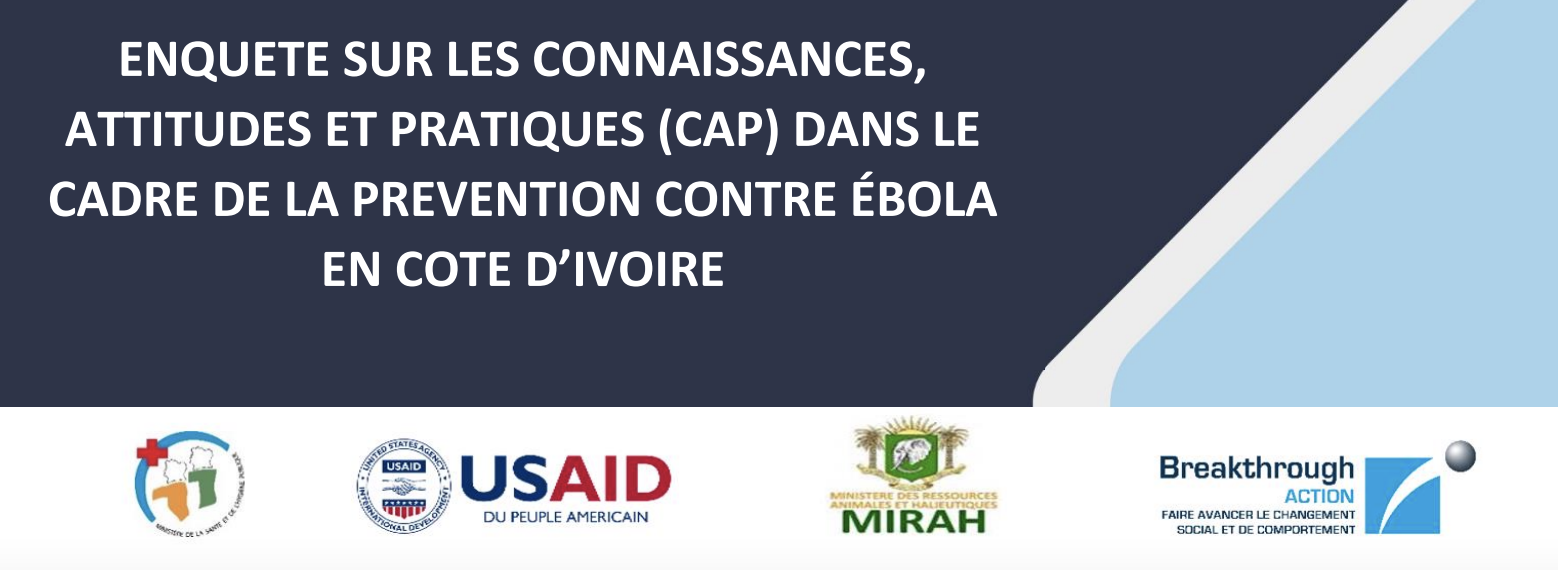
The re-emergence of Ebola made the response to COVID-19 more complex and required an integrated response. This is a report of knowledge, attitudes and practices with a focus on Ebola, […]
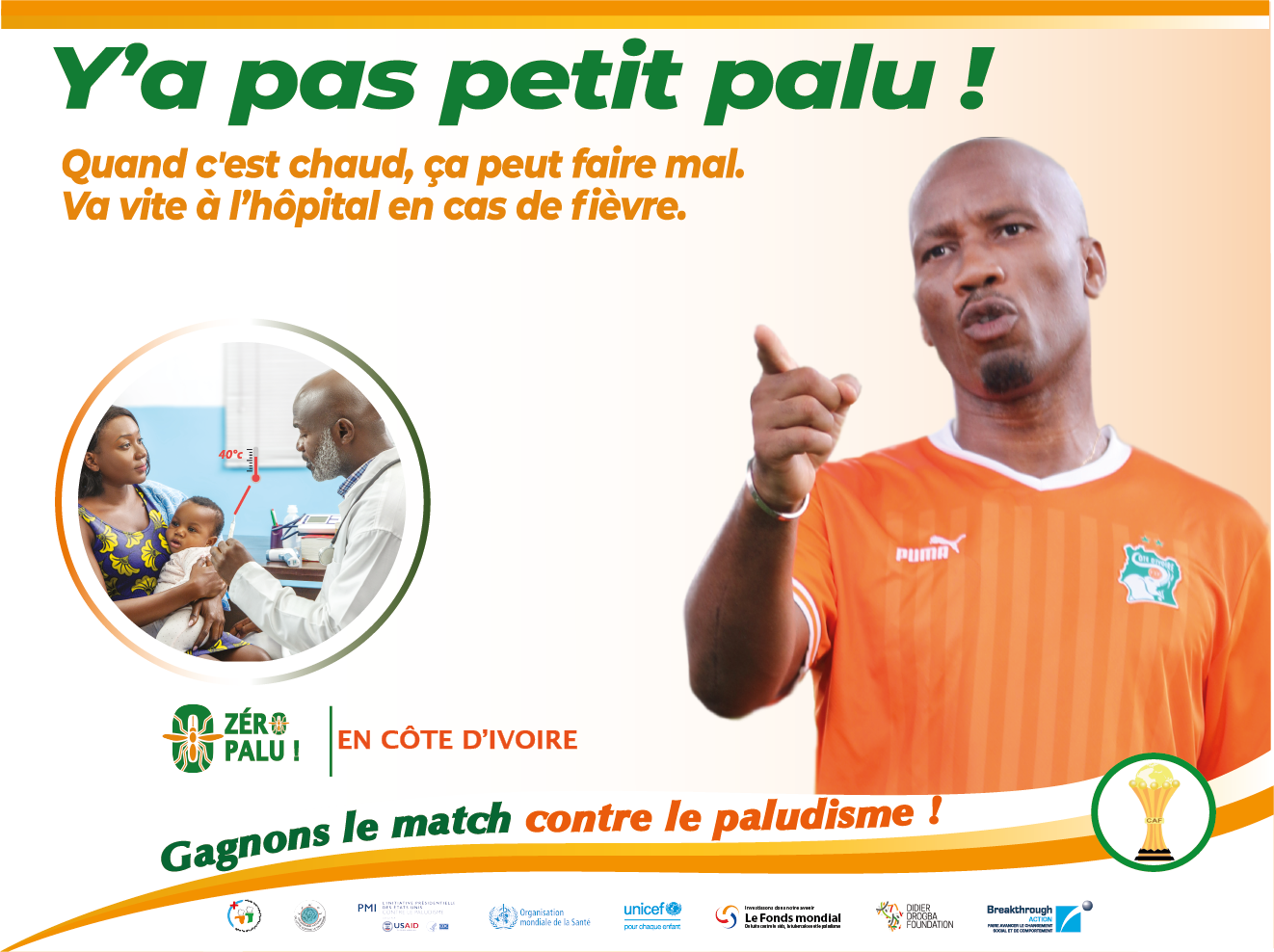
Breakthrough ACTION Côte d’Ivoire has designed a multimedia campaign to encourage the adoption of good behaviors to avoid malaria. This campaign, which saw the participation of international football star Didier Drogba, focused on the use of healthcare, LLIN etc.
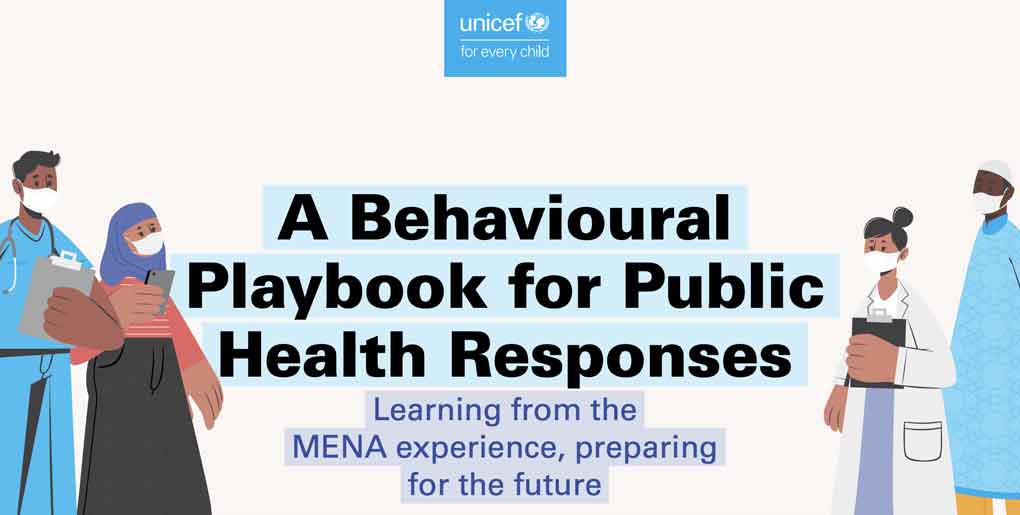
This playbook focuses on Social and Behavior Change (SBC) solutions to public health crises, drawing upon promising SBC initiatives that were deployed during the COVID-19 pandemic within the Middle East and North Africa (MENA).
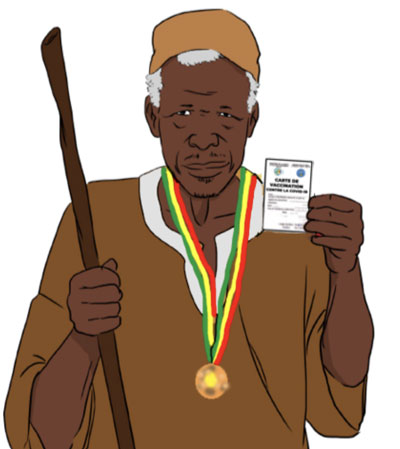
These posters, pamphlets and audio spots were developed by USAID, in collaboration with the National Center for Health Information, Education, and Communication(CNIECS), to ensure the integration of COVID-19 vaccination into routine activities.
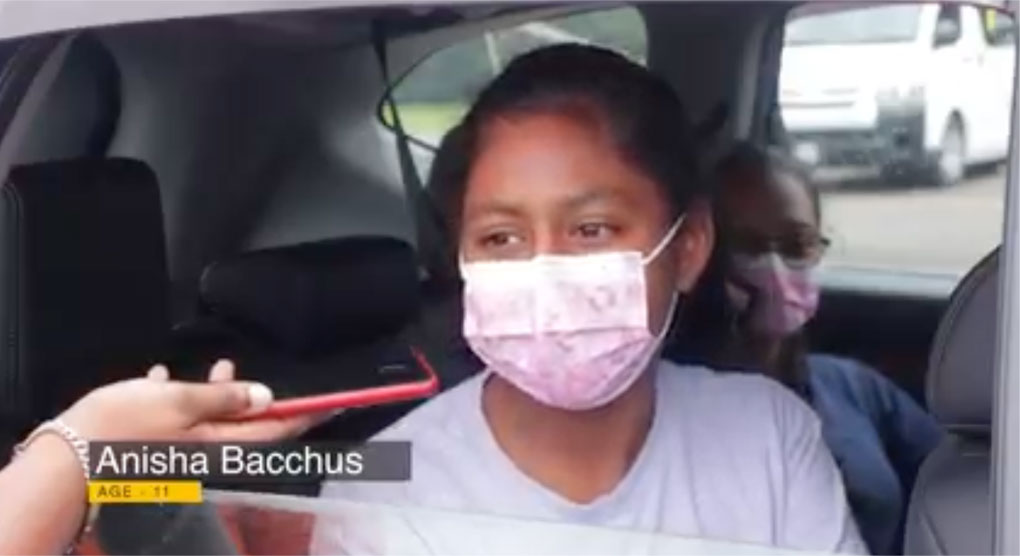
The Ministry of Health Guyana developed three videos promoting vaccination by children.
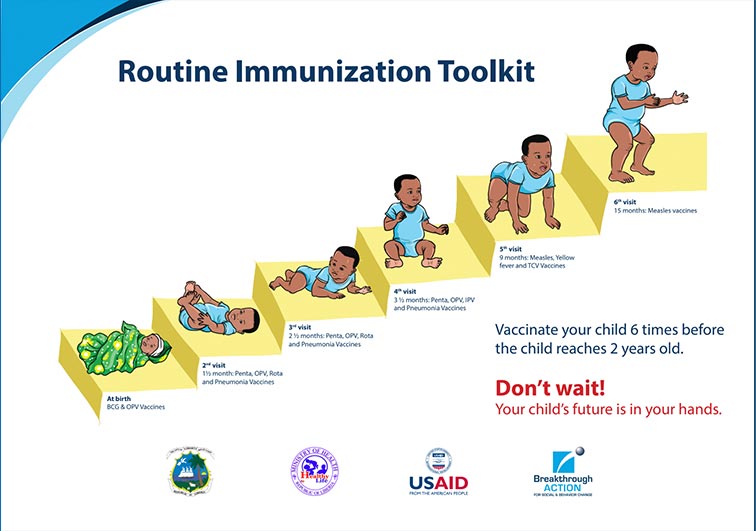
Breakthrough ACTION worked in close collaboration with the Ministry of Health, the Ministry of Education, County and District Health Teams, and other implementing partners to develop resources and tools to support routine immunization (including COVID-19) campaigns.
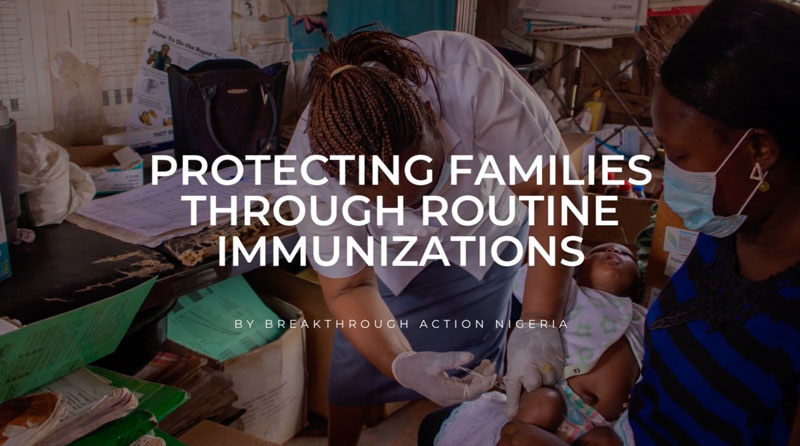
Dr. Miracle Ogbu, Ebonyi State Emergency Routine Immunization Coordinating Committee (SERICC) Coordinator, urges us to protect ourselves and our children by ensuring we get immunized/vaccinated against vaccine-preventable diseases.
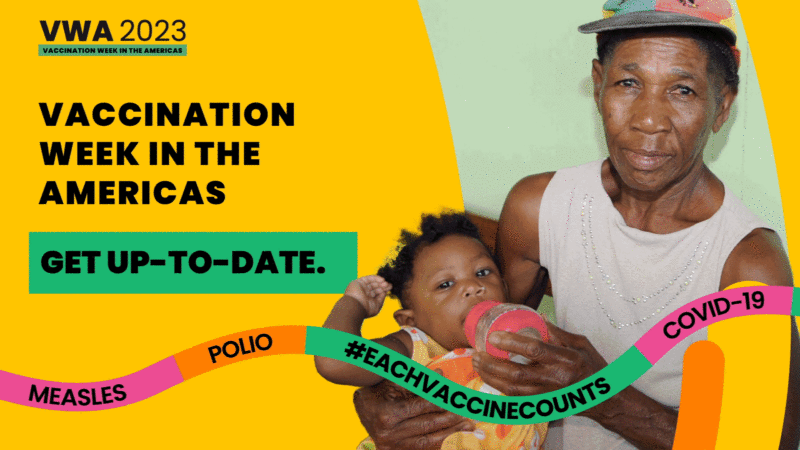
The Pan American Health Organization (PAHO), together with the countries and territories of the Region of the Americas and its partners, celebrated the 21st annual Vaccination Week in the Americas (VWA) and the 12th World Immunization Week (WIW) under the call to action: Get Up-to-date, April 22 to 29, 2023 using the hashtag #EachVaccineCounts.
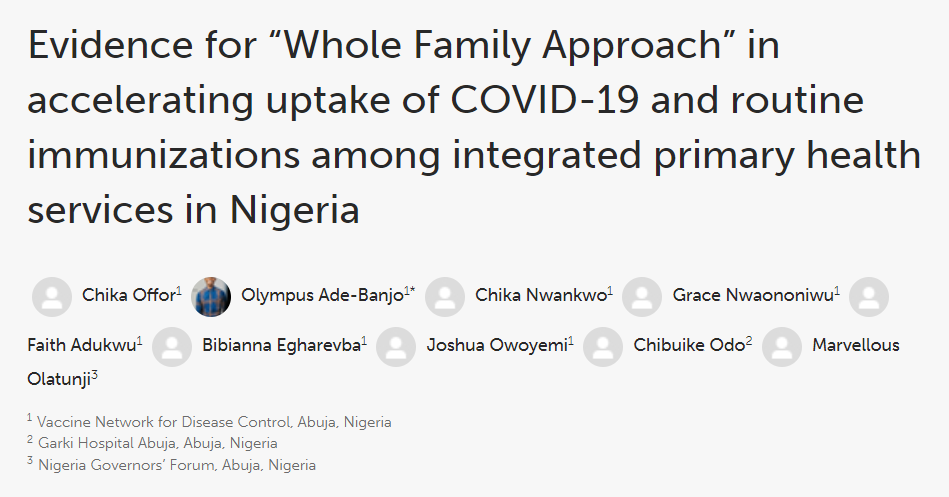
Launched in 2021, the Whole Family Approach (WFA) is a government-sanctioned approach to increase uptake of COVID-19 vaccines in Nigeria. The approach entails leveraging the high family-based demand for some primary health services, such as malaria, diabetes, hypertension, and reproductive services, to generate demand for COVID-19 and routine immunizations.
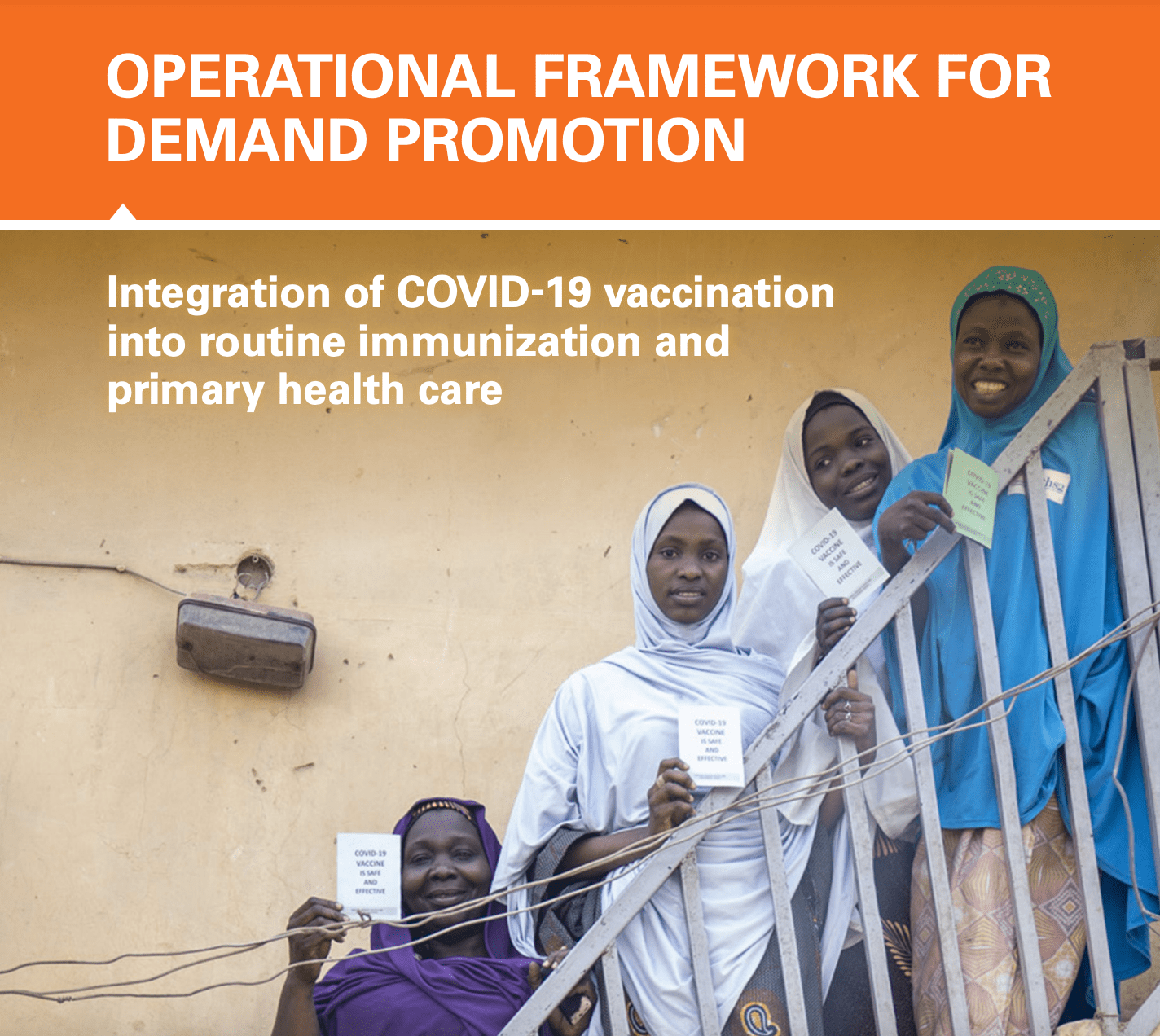
The Operational Framework is a starting point to strategize demand programming for integrated COVID-19 vaccination. The framework uses the core components of vaccination demand to help guide thinking along a strategic pathway that is broad and flexible enough to be applied to any country situation.
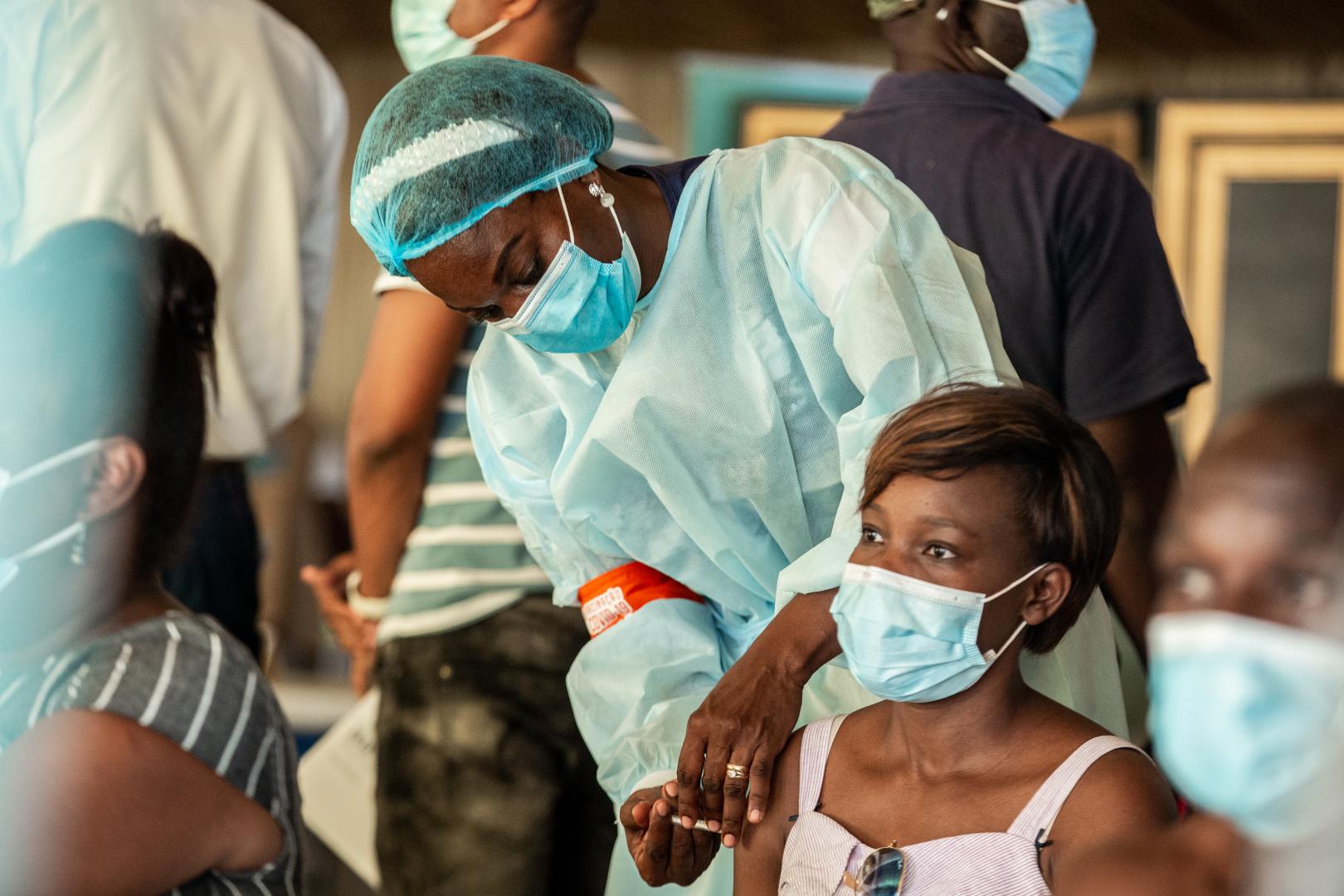
A systematic review of COVID-19 vaccine roll-out experiences and lessons learned is being undertaken by the World Health Organization, MOMENTUM Country and Global Leadership, and COVID GAP to produce learnings for program audiences at all levels. This slide deck is the first in a series of multiple rapid review products, highlighting learning, best practices, and recommendations for one of the eight selected themes.
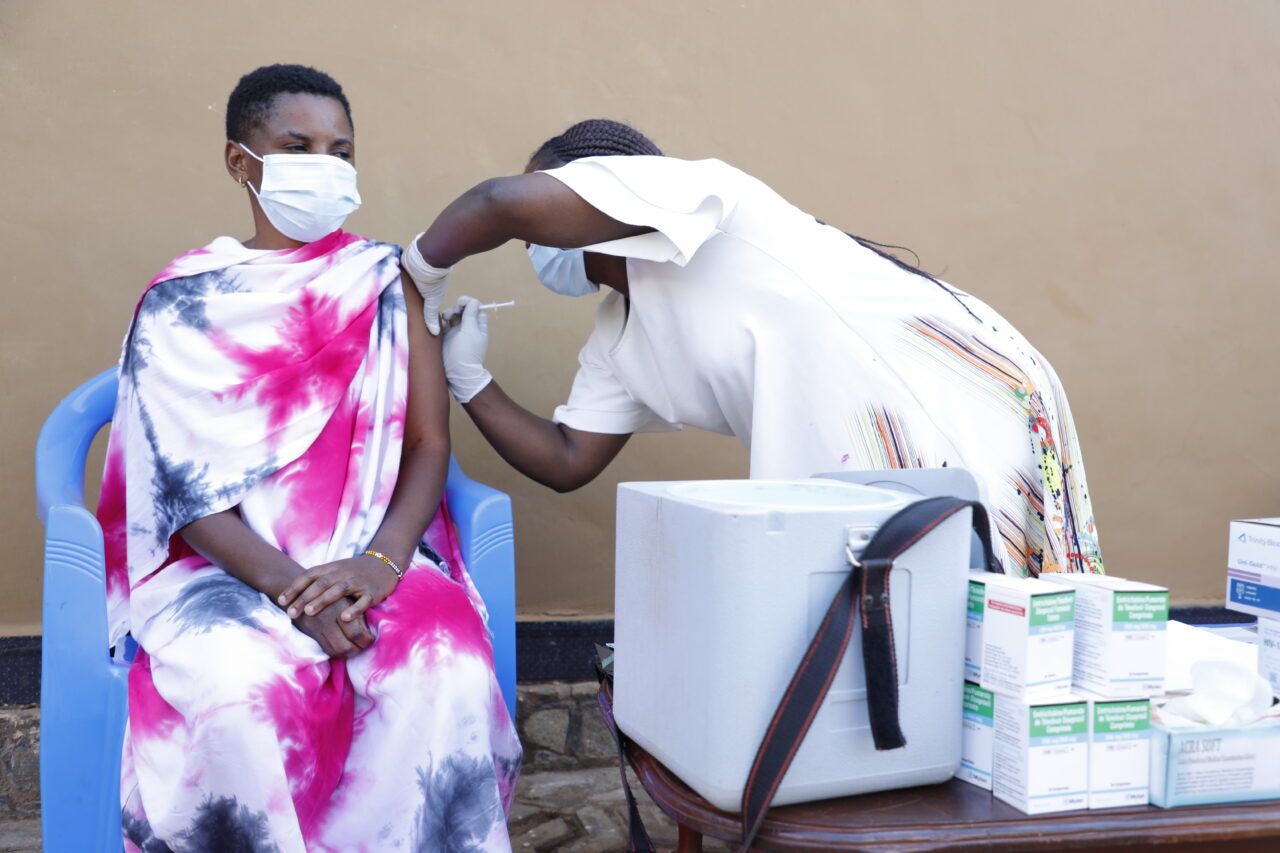
With support from the U.S. Agency for International Development, EpiC is now leveraging its existing HIV service provision structures and personnel such as peer educators, peer navigators, community leadership, peer referrals, KP-friendly health care workers (HCWs), and education and outreach systems to optimize access to COVID-19 vaccines among Female Sex Workers (FSWs) in five of the project’s regions, including Ruvuma.